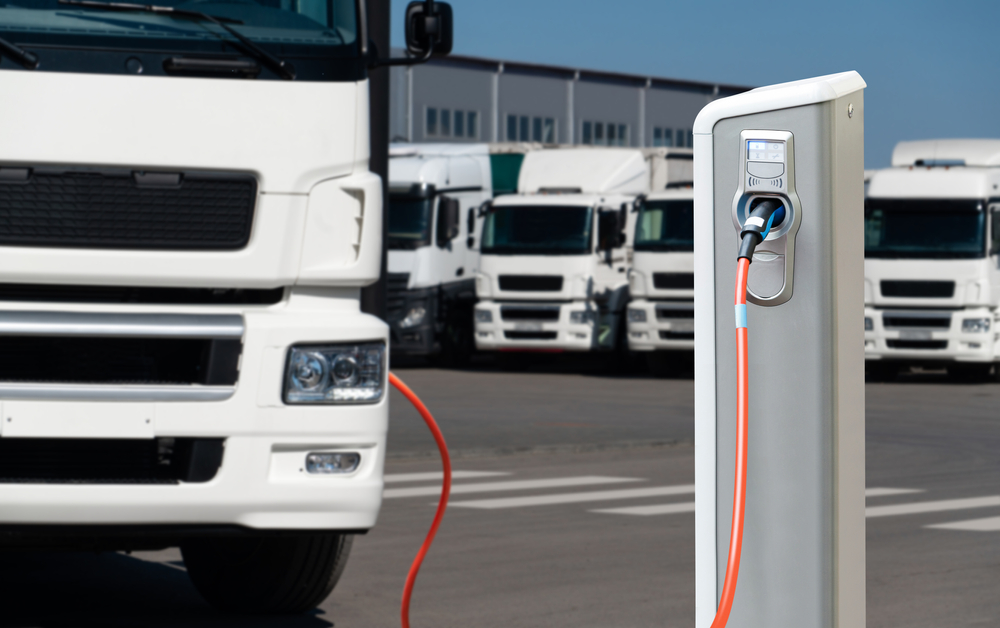Distributed Energy Resources, Microgrids, Solar - June 21, 2024
Montgomery County Bus Fleet Adds Microgrid For EV Charging
Montgomery County, Maryland began construction on an integrated microgrid infrastructure project that will feature electric bus charging and on-site green hydrogen production powered by solar and battery energy storage.
The county operates the second-largest bus fleet in the Washington, D.C. region. The David F. Bone Equipment Maintenance and Transit Operations Center is a major depot within Ride On Montgomery's network and the fifth largest county-owned energy consumer.
By 2035, the depot is projected to accommodate 200 zero-emissions buses with most of them being hydrogen fuel cell electric buses (FCEBs). A hydrogen FCEB is a zero-emissions vehicle, powered by hydrogen and oxygen, emitting only water.
The microgrid's construction is expected to be completed in 2025. AlphaStruxure, an Energy as a Service (EaaS) microgrid solutions company when the system will begin sending renewable energy back to the grid and have the ability to power zero-emissions buses.
"This project is the largest renewable energy-powered transit depot and transit depot microgrid in the nation; it is also the first facility on the East Coast to produce green hydrogen on-site," said County Executive Marc Elrich in a statement. "It is great to see this bus depot microgrid move from concept to construction so quickly thanks to our ongoing partnership with AlphaStruxure and their related companies; we already have five microgrids in operation or development, with more underway.."
Fueling the county's FCEBs with green hydrogen produced by the microgrid's solar array advances the county's goal of reaching a 100% reduction in carbon emissions by 2035. The microgrid also enables the county to reduce its Scope 1 and 2 emissions by 4,000 metric tons of CO2 annually.
The microgrid will provide sustainable, resilient power to a mixed fleet of battery electric and FCEBs, along with the facility's five buildings. It will also be interconnected to the Pepco utility grid.
The microgrid will include the following:
- 5.65 MWDC of rooftop and canopy solar generation
- 2 MW/6.88 MWh battery energy storage
- Up to 2.25 MW of charging capacity
- 1 MW hydrogen electrolyzer
In addition to powering on-site production of green hydrogen, a resilient fuel source for FCEBs, the microgrid will also be able to send up to two megawatts (MWs) of renewable energy back to the utility grid via a Pepco net metering program.
Read These Related Articles:
Stay Up-To-Date












